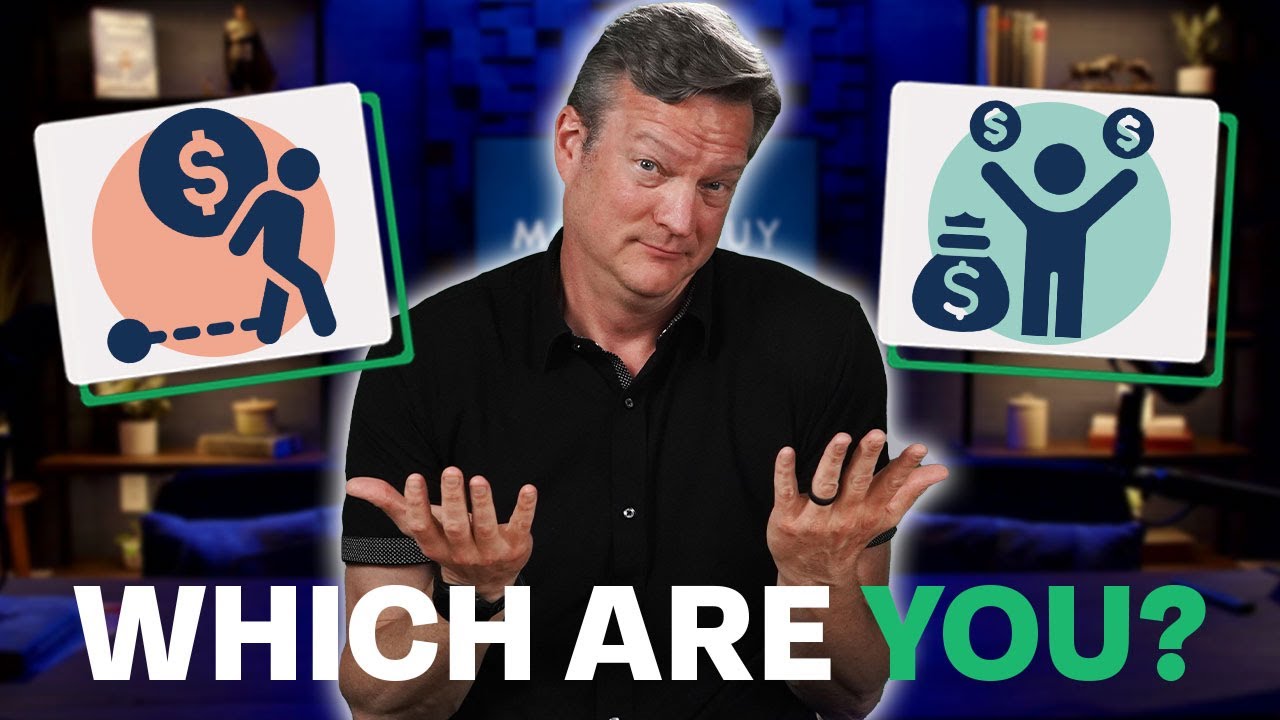
We recognize the need for money flexibility; there isn’t a one-size-fits-all approach to spending. For example, you may have to spend more than 25% of your income on housing if you live in an extremely high-cost of living area. If you do “break the rules” in one category of spending, though, you will need to make it up in other areas. The average American typically overspends in several different critical categories, with no effort to compensate for that spending in other areas. This has a detrimental effect on retirement savings; let’s take a look at the numbers and see just how detrimental that impact can be.
The dark side of compounding interest
Compounding interest can work wonders when it’s in your favor, but can destroy your financial life if it’s working against you. Credit cards are the highest interest debt that most Americans will ever experience. Average interest rates typically hover around 17%; imagine if you could make 17% interest every year on your investments! You would take that every time.
The average credit card balance is $6,194, which is much less than a mortgage, student loan, or a car loan, but can still be extremely harmful. Over time, that $6,194 could cost you $11,737 with interest, or even more if you have a high APR, and that’s not all: if you avoid credit card debt and instead saved what would have been your monthly credit card payment for retirement, you could have $573,711 extra by the time you retire (assuming the debt begins at age 22 and you earn a 10% rate of return). If you are struggling with credit card debt, you may need to ask yourself if your debt is worth over half a million dollars.
How much does your car really cost?
Cars typically aren’t financially dangerous because of high interest rates (although they can be). Cars are depreciating assets, and generally aren’t an investment. If you take out a lengthy loan on your vehicle, the depreciation on it could easily outpace your equity in the car. If your vehicle dies or becomes worthless before the loan is paid off, you are stuck with debt on an asset that is no longer worth anything. This is why it makes sense to pay off your car within three years, or one year if you purchase a luxury vehicle. Paying off your car quickly will help keep you above water on your loan.
So what could happen if you stretch out your car loan over a long period of time? Using a payment that’s 8% of the median monthly household income, an affordable car costs $421/month. If you pay the car off in three years, you would be purchasing an $18,096 car, but if you stretched the loan to seven years, you could “afford” a $39,828 car. Although the payment is the same every month, one car will be paid off four years earlier than the other. What if that car payment of $421 was saved for four years? It could turn into $396,056 by retirement, assuming the car is bought at 30 and they earn a 9% rate of return. That’s enough to buy just about any car you could possibly want!
How much is your house costing you?
No, we don’t think you should avoid buying a house because they’re too expensive, although you may want to consider a house within your budget. The general rule of thumb is that a new home should be about 3x your household income, but the median home price in the U.S. is actually 5x the median household income. If the median household instead purchased a home that was 3x their income, how much could they save?
They’d end up saving about $490 per month on a 30-year mortgage. That may not sound like a lot, but over the long-term that could turn into almost $1.5 million by age 65, assuming the home is purchased at 30, paid off at 60, and they earn a 9% rate of return. That would be enough to buy an extremely nice house.
What’s the true cost of private college?
College costs vary wildly from state to state and are often dependent upon how much financial aid and scholarships you receive. Private colleges end up being about $111,680 more expensive than public universities over four years, according to CollegeBoard. At 5% interest, that would be a student loan payment of $737 per month for 20 years before the loans are paid off.
What if that student loan payment was instead saved for retirement? $737 per month for 20 years is a lot of money, and could grow to over $5.6 million dollars by retirement, assuming they start investing at 22 and earn a 10% rate of return. That’s enough to potentially fund an entire retirement!
Every big financial decision – buying a home or car, taking out student loans, or falling into the trap of credit card debt – could cost you hundreds of thousands of dollars or more over the long run. Don’t take any big financial decisions lightly, and understand the true opportunity cost of each major purchase. Learn even more about the true cost of your financial decisions in our latest show, “How Much is Your Lifestyle Really Costing You?!” Watch it now on YouTube below.













